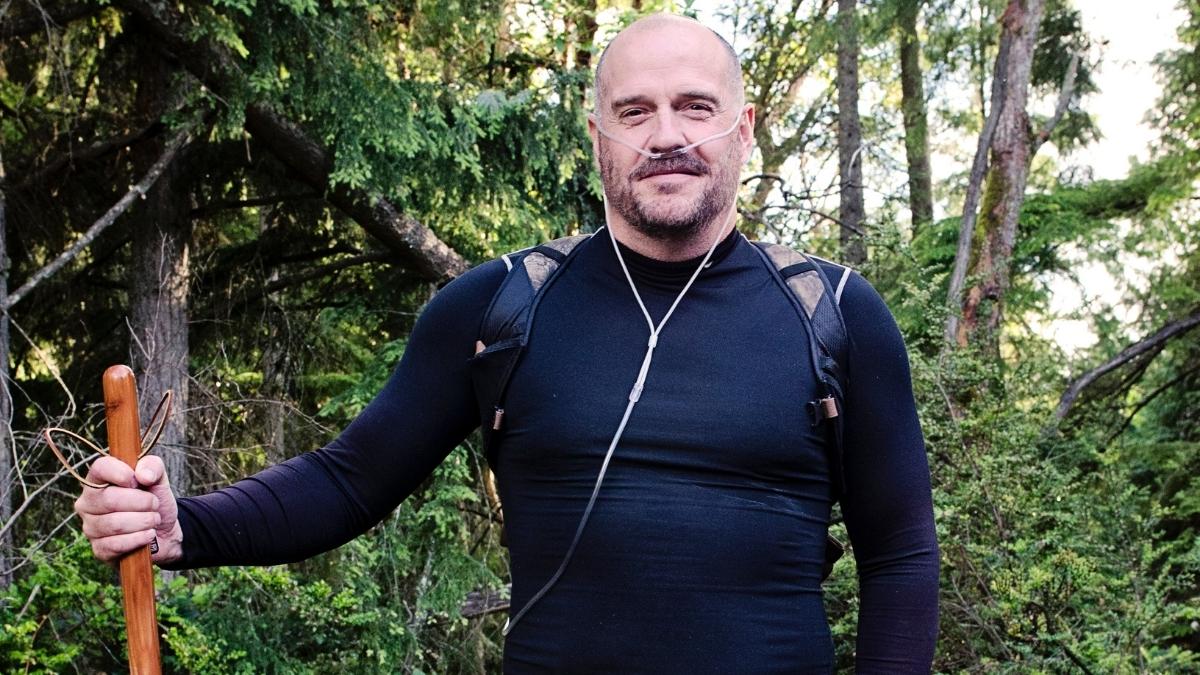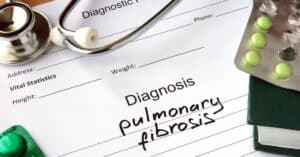If you have chronic obstructive pulmonary disease (COPD), you have probably heard about the COPD stages, which range from mild to very severe.
In fact, you may have had certain types of tests or procedures to help your doctor gain valuable measurements and information about your COPD. These tests and measurements help your doctor determine your COPD stage and severity.
One way to measure COPD is with the BODE Index, which takes into account how COPD affects your life.
Here’s the information you need to know about the BODE Index and COPD.
What kinds of tests help doctors determine your COPD stage?
To better understand how the BODE Index and COPD works, it’s important to understand the other tests and measurements used alongside the BODE Index. These lung function tests include:
- Pulmonary Function Test (PFT) – In a PFT, the amount of air you breathe in and out will be measured. Spirometry and plethysmography are part of PFTs.
- Spirometry – Part of a PFT, spirometry uses a device called a spirometer hooked up to a small electronic machine, measuring how much and how quickly you inhale and exhale.
- Body Plethysmography – For this test, you sit inside a small airtight room called a plethysmograph booth and breathe through a mouthpiece. Total lung capacity and residual volume will be measured.
- 6 Minute Walk Test – This test measures the distance a patient can walk on a flat, hard surface in 6 minutes. During the 6 minute walk test, spirometry, oxygen saturation and other measurements may be taken as well.
- Gas Diffusion Tests – The arterial blood gas test measures the amount of oxygen and carbon dioxide in your bloodstream. The carbon monoxide diffusion capacity measures how well a gas is able to move from your lungs into your body.
BODE Index and COPD

Simply put, the BODE Index is a way for doctors and researchers to place COPD into stages.
Another way to determine the stage of COPD is with the GOLD System, which ranks the severity of COPD based on forced expiratory volume (FEV1), or the maximum amount of air you can forcefully blow out of your lungs in once second.
The FEV1 result is gathered from a pulmonary function test.
The difference between these two common ways to stage COPD is that the BODE Index accounts for how COPD affects your life. Here’s what the BODE Index stands for: body mass, airflow obstruction, dyspnea and exercise capacity.
BODE Index:
- Body Mass
- Airflow Obstruction
- Dyspnea
- Exercise Capacity
Body mass index (BMI) helps determine if you’re overweight, obese or underweight. Because COPD can cause trouble with weight management and nutrition, knowing your BMI will help your doctor develop a treatment plan.
Airflow obstruction refers to your FEV1 score and other pulmonary function test results. Dyspnea means trouble breathing, and it shows your doctor how much shortness of breath affects your life.
The 6-minute walk test indicates how much exercise tolerance and exercise capacity you have. These combined measurements make up the BODE Index, helping your doctor understand the severity of your COPD, how it affects your life and what stage of COPD you are in.
How do I calculate my BODE Index?
You can make an estimated calculation for your BODE Index for COPD life expectancy with a BODE Index calculator. Here’s what you’ll need before you enter information into the calculator:
- FEV1 percentage predicated after using a bronchodilator to open airways from your PFT
- Your 6-minute walk test distance
- Body mass index
- Level of dyspnea or difficulty breathing.
After you enter the information, an approximate survival prediction will show. Of course, it’s important to remember that this is a tool to help estimate life expectancy, and you need to discuss your BODE Index and COPD with your doctor.
What can I do to improve my COPD symptoms and overall quality of life?

Along with seeing your doctor regularly and developing the best treatment plan for you with your doctor, alternative treatments may be beneficial.
When it comes to learning your COPD stage or about your BODE Index and COPD, you may feel worried or afraid. Remember to share how you feel with your doctor.

Christine Kingsley, APRN is the Health and Wellness Director at the Lung Institute where she focuses on providing helpful online resources for people looking for information on various lung diseases, breathing exercises, and healthy lifestyle choices. She advocates for holistic care that involves working with your doctor to explore all options including traditional and alternative care while focusing on diet and exercise as proactive measures.









